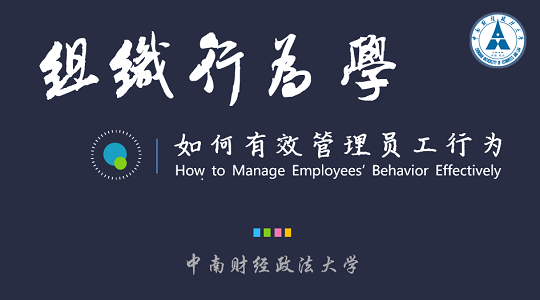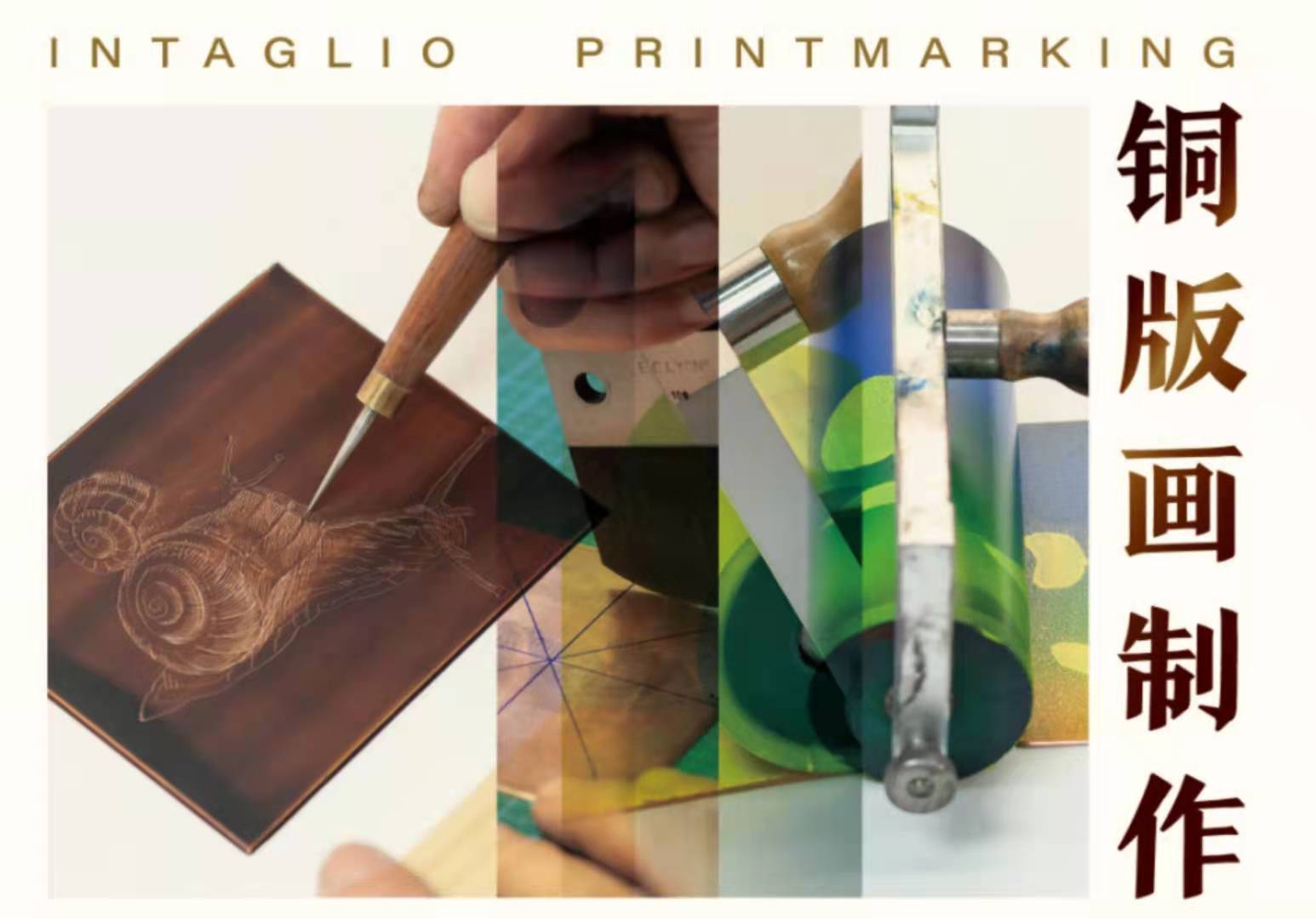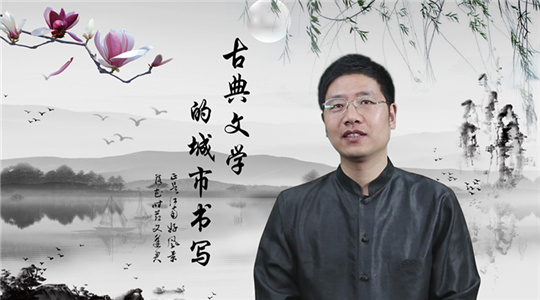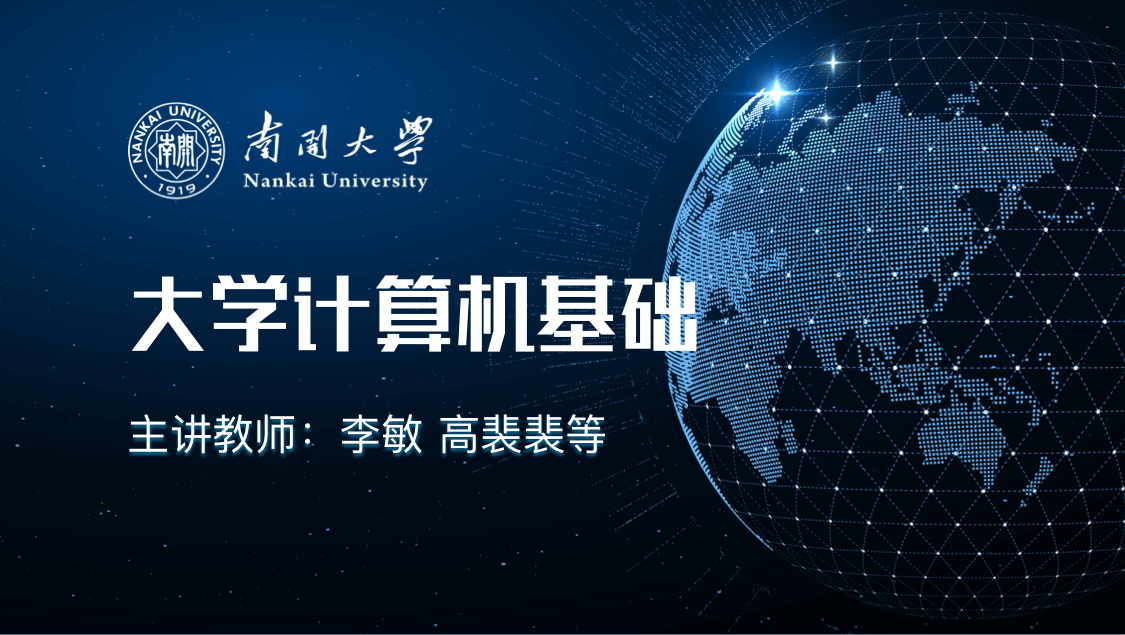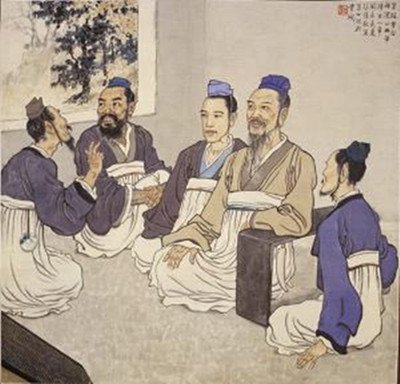
当前课程知识点:国际医学会议交际英语 > Chapter 12 Understanding Conference Etiquette > Exercise > Chapter 1
Hello everyone
I'm Lu Fengxiang
from Capital Medical University
Now we are going to talk about Chapter One
Understanding International Conferences
Upon completion of this chapter
you are expected to
differentiate types of meetings
understand the principal activities at
academic conferences
and grasp the important information
preparing for academic conferences
Part One Types of Meetings
The definition of MEETING
Merriam-Webster defines MEETING
as "an act or process of coming together"
According to online Thesaurus
MEETING is an assembly or conference
of persons for a specific purpose
Meetings are different from other gatherings
for example
a chance encounter
for it is not convened
a sports game
for there is no verbal interaction
a company of friends
for there is no common goal
or a demonstration
for it is mostly done
by the number of the demonstrators
Meetings are featured by being convened
having common goals
and involving verbal interactions
Generally speaking
meetings cover lecture
one presentation
seminar
typically several presentations small audience one day
symposium
small-size one day
workshop
smaller with active participants
conference
mid-size one or more days
and congress
large several days
2 Lecture
The word "lecture" dates back to the 14th century
meaning "action of reading"
It refers to a speech read or delivered
before an audience or class
especially for instruction or to set forth a subject
A lectern is often used for the speaker in the lecture
A lectern is a raised
slanted stand on which a speaker can place his or her notes
In fact
the word "lectern" comes from the same source as "lecture"
meaning "to read"
3 Seminar
The word "seminar" is derived from Latin
meaning "seed plot"
It is a form of academic instruction
either at an academic institution or offered
by a commercial or professional organization
Often a seminar focuses on a particular subject
in which everyone present is requested to participate
Over the seminar
the assigned readings are discussed
questions can be raised and debates can be conducted
Knowledge in a seminar is gained not by listening
but by reading and talking
4 Symposium
The word "symposium" is derived from Greek
meaning "to drink together"
In ancient Greece
a symposium was a part of a banquet
that took place after the meal
when drinking for pleasure was accompanied by music
dancing recitals or conversations
In modern usage
a symposium is a formal meeting
at which several specialists deliver short addresses
on a topic or on related topics
It is characterized by an openly discursive format
rather than a lecture and question-answer format
Compared with a conference
a symposium is usually narrower and more specific
in the range of topics
In terms of scale
it is smaller than a conference
as sometimes a conference
may include several symposiums held simultaneously
The chief characteristic of a symposium
is that it covers a single topic or subject
and all the lectures given by specialists
are completed in a single day
5 Workshop
Originally
a "workshop" refers to a room or a building
which provides both the area and tools
that may be required for the manufacture
or repair of manufactured goods
in the Industrial Revolution era
But now a workshop often refers to a meeting
at which a group of people
engage in intensive discussion and activity
on a particular subject or project
a seminar
discussion group
or the like
It emphasizes an exchange of ideas
and the demonstration and application of techniques
skills
etc
Different from other meetings
workshops emphasize practical performance
besides academic discussions
6 Conference
The Latin roots of the word "conference" means
literally "bring together"
A conference brings together people and ideas
It is a meeting of people who "confer" about a topic
It can take place in different fields
and need not be academic in nature all the time
e.g.
the Chinese People's Political Consultative Conference
A conference is always prearranged
and involves consultation and discussion
on a number of topics by the participants
An academic conference or symposium is a conference
for researchers to present and discuss their work
Together with academic or scientific journals
conferences provide an important channel
for an exchange of information between researchers
In reality
symposium and conference are often used interchangeably
The format usually involves graduate students
and academics presenting their research work and theories
and defending expanding or changing them
in response to questions criticism
and other feedback from colleagues
Generally
conferences are often sponsored
by a professional organization of the discipline involved
and may be held in a different city each year
A major focus of an academic conference
besides the exchange of ideas
is networking
which is a key to collaboration
funding
employment
and other professional benefits
An academic conference is usually composed of various presentations
with a time span of about 10 to 30 minutes
and the work may be bundled
in a written form as academic papers
and published as the conference proceedings
Usually an academic conference invites some standing scholars
to give keynote lectures
and these keynote lectures
often run up to one hour or longer
In addition to presentations
academic conferences also feature panel discussions
roundtables on various issues
poster sessions and workshops
Academic conferences may also be held online
or something similar
Teleconferences bring people together through live video feeds
allowing people to discuss issues
hear presentations
network
and otherwise do many of the things
they might do at a conference
without leaving their homes or offices
Similar situations can be set up using the Internet
Projectors
web cams and microphones
7 Congress
The word "congress" is most frequently used
to denote the supreme legislative body of a nation
and especially of a republic
e.g.
the Congress of the United States
It also refers to a formal meeting
or assembly of representatives for the discussion
arrangement
or promotion of some matter of common interest
Congress is similar to conference
but the former implies a higher degree of formality
Part Two
Principal activities at academic conferences
During an academic conference
there will be some activities
like plenary sessions
poster sessions
panel discussions and workshops
1 Plenary session
A plenary session is a session of a conference
which all participants are to attend
Such a session may include a broad range of content
from keynotes to panel discussions
and is not necessarily related to a specific style
of presentation or deliberative process
The keynote lectures done in the plenary sessions
are often longer than those done in parallel sessions
Most frequently the keynote speakers
are invited by the organizers
and they are usually quite senior or somehow big-name
They may give a general high level review talks
Parallel session
A parallel session also called a concurrent session
is a session of a conference
which the speakers give their presentations
in separate rooms at the same time
The speakers for the parallel sessions
are selected based on their submitted abstracts
At the end of their presentation
there is time for questions
In a parallel session the size of the audience is limited
Usually a particular topic is arranged for a parallel session
and there are several of such topics
for discussion in a conference
Poster session
In a poster session of a conference
participants present their information through a poster
He or she waits for passing colleagues
to briefly present his or her work and answer questions
In a poster session
the presenter has to tell his or her story more than once
and the interaction between the presenter and audience
can be more intense
Generally there is an award to the best designed poster presented
at the conference
and the winner will receive a prize and a certificate
Panel discussion
Panel discussions at academic conferences
are a useful way
to trigger an exchange of viewpoints among experts
either with prepared statements
or in response to questions from the audience
Due to the on-the-spot interaction
panel discussions are more difficult to prepare than presentations
Part Three
Important information preparing for an academic conference
1 Information about the conference
Attending an academic conference is a big time commitment
We need to know several vital information before we attend
We'd better know the conference's name
date and location
topics for discussion
accommodation transportation weather conditions
and recommendations for clothes and so on
This kind of information can be very comprehensive
involving activities before
during and after an academic conference
2 Paper submission information
Paper submission information includes the types of submissions
and how to submit
The submission types information
generally can be read in conjunction with the Call for Papers
and the Submission Guidelines of the conference
With the help of the Call for Papers
and the Submission Guidelines
we can easily obtain information
to help through the process from abstract submission
to preparing the presentation at the conference
It's important to find out what is required
for example
does the conference want a title
an abstract and title
or a full copy of the paper
What is the word limit that the conference organizer sets
What is the deadline of the abstract
and the paper submission
3 Organizational information
Conference committees and organizational structures
may vary according to different conference circumstances
Generally
there is an organizing committee
an academic committee
and a secretariat for the smooth running of the conference
Sometimes according to the scale and the purpose
of an academic conference
some more committees are needed
for example
advisory committee
executive committee
registration committee
finance committee
local arrangement committee and so on
The organizing committee is charged with the planning
running
and oversight of the conference to ensure
that it meets the objectives stated to the conference
The organizing committee is often composed of the General Chair
the Program Chair
and other selected chairs
The General Chair is responsible for
the overall running of the conference
and serves as the Chair of the Organizing Committee
The academic committee is responsible for
evaluating the submitted papers
the design of the agenda
and the arrangement of academic communication at the conference
The secretariat is responsible for ensuring
that the conference is properly called and organized
Its officials are entrusted with administrative duties
maintaining records
and overseeing or performing all secretarial duties
Part Four Practice
question 1
What are the main differences between the different types of meetings
from the perspective of the meeting-goers
question 2
What are your goals to attend academic conferences in your field
-Exercise
-Exercise
-Exercise
-Exercise
-Exercise

